Running a venue was never part of the plan for Paige Frewer.
“[It] wasn’t something I saw as a possibility or in my future until a few years ago,” the event organizer and drag performer told The Tyee. “I never knew it’s what I needed.”
But when an opportunity presented itself for Frewer to operate a venue run by and for trans people, they realized that it was what they'd been looking for all along.
Frewer’s Eastside Studios, which they run with their business partner Ryn Broz, rents to artists during the day and throws queer parties at night. A few weeks ago, they returned the keys to their most recent venue, a giant Strathcona warehouse at 550 Malkin Ave. that was slated for demolition.
Before their lease on the warehouse ended, Frewer had been gripped with fear that they would lose everything they had worked so hard for: a place where queer people could go to connect, have fun and heal. A venue where drag performers get paid and celebrated every weekend. Somewhere safer for queer folks to be themselves.
Vancouver is expensive to live in, let alone a place to start an independent arts venue. Making enough money on events to pay rent is next to impossible without sharing the building with other tenants and making bar sales. Being able to make noise and host crowds is difficult to navigate within the city’s bylaws. And then there’s the stress of running a big operation on a shoestring budget and a small team.
Even without pouring their hearts into a cause, many trans people in Vancouver struggle to pay their bills and stay healthy. Half of trans, non-binary and Two-Spirit people surveyed for a 2020 B.C. report said they were on government income support and 23 per cent of them were homeless. Eighty-eight per cent also lived with mental health challenges, 83 per cent lived with disabilities and 58 per cent had struggled with addictions to drugs or alcohol.
It was a relief for Frewer when a new space at 44 West 4th Ave., in an industrial area of Mount Pleasant near Olympic Village, became available in December 2022. As they describe it, “the stars aligned” for what would become the Birdhouse, which opened this spring.
For the first time, and for at least the next three years, Vancouver will finally have an official venue that is “trans for trans”: a space run by trans people, for trans people.
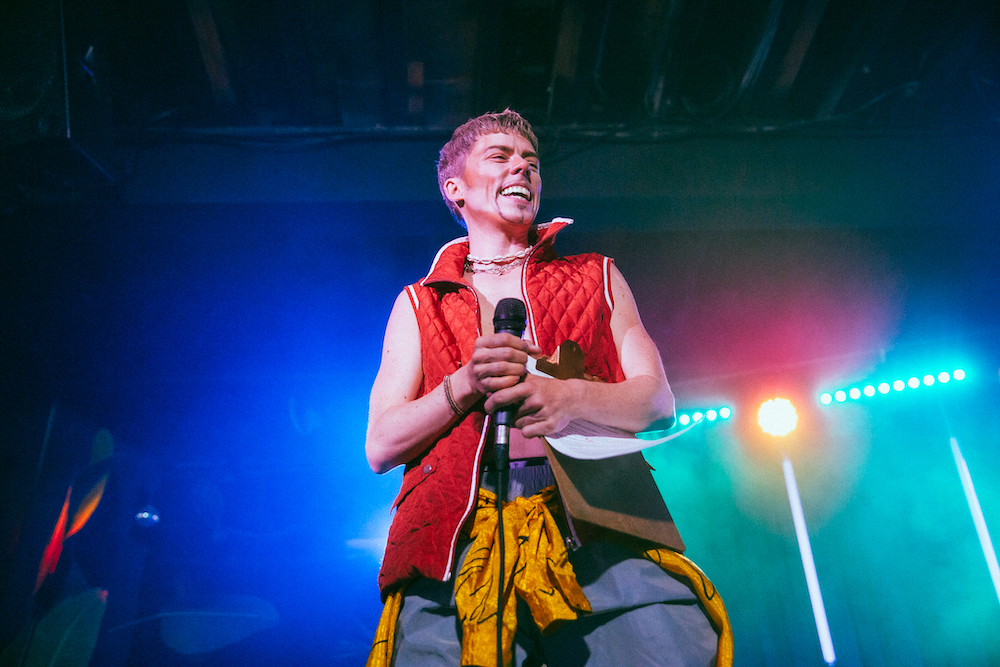
The Birdhouse got its name because the hard-to-spot warehouse was full of pigeons when Frewer and their team arrived.
Attendees enter through the side door, past security and into a large, open space with a bar on one side and a stage on the other. Art covers the walls, illuminated by vibrant, spinning lights. There are incredible sculptures, murals and pieces of furniture in the main room and the sensory cool-down area, which features more seating and noise protection. It’s a cool, cozy, creative place to be.
The crowds at the Birdhouse consist of those who haven’t historically been given safe places to gather. Black and Indigenous people, and people of colour. Trans and gender non-conforming folks. Lesbians. People on the asexual and aromantic spectrums. Intersex people. Disabled and neurodivergent attendees, artists and staff.
Frewer said it took over a decade of conscious effort to create that inclusivity.
At a time when transphobia is rampant and terrifying, the centrality of transness at the Birdhouse matters.
When trans lives are often under threat, being able to go somewhere and find chosen family, acceptance and support can be life-saving.
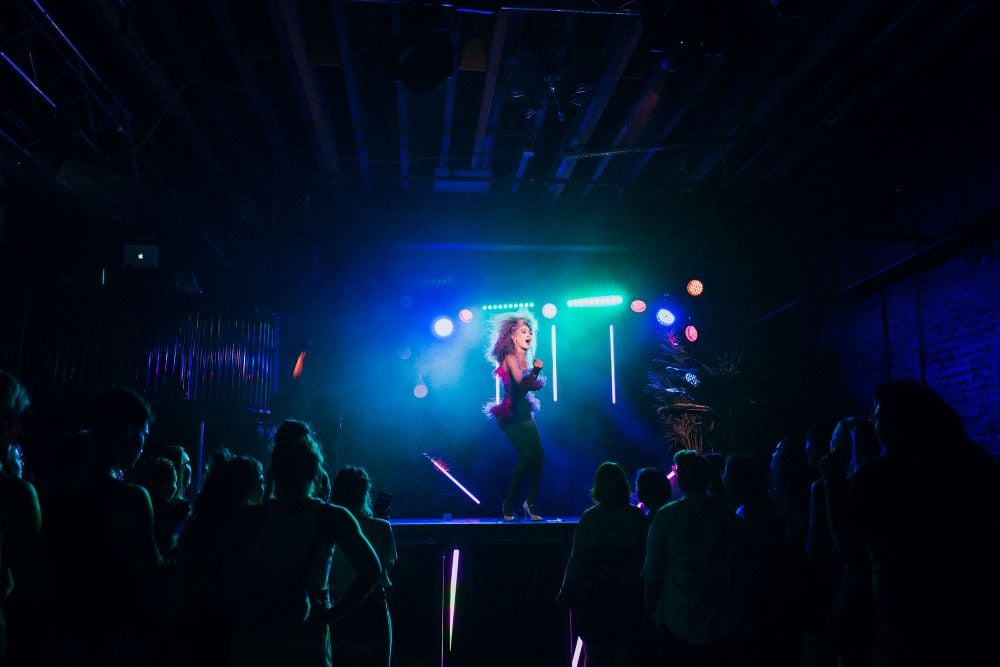
The history of trans-for-trans spaces and programming is rooted in the broader trans rights movement.
As trans visibility increased over the past few decades, transphobia also became more obvious — as did a mountain of unmet needs within the trans community, often related to struggles with discrimination, health care and poverty.
Traditional queer spaces don't always meet the specific needs of trans folks, so trans people started making those opportunities for themselves.
Trans for trans gatherings emerged to provide tailored support and resources for trans people. “People who live at intersections of marginalization will talk about hypervigilance, even if it’s lurking beneath the surface or not presenting really obviously in your personality, but there is a level of having your defences up. It’s just how we learned to exist in the world,” said Frewer.
“Being in a trans-oriented space will reveal that hypervigilance to you. It’s like… ‘Oh. I have access to feeling this comfortable?’”
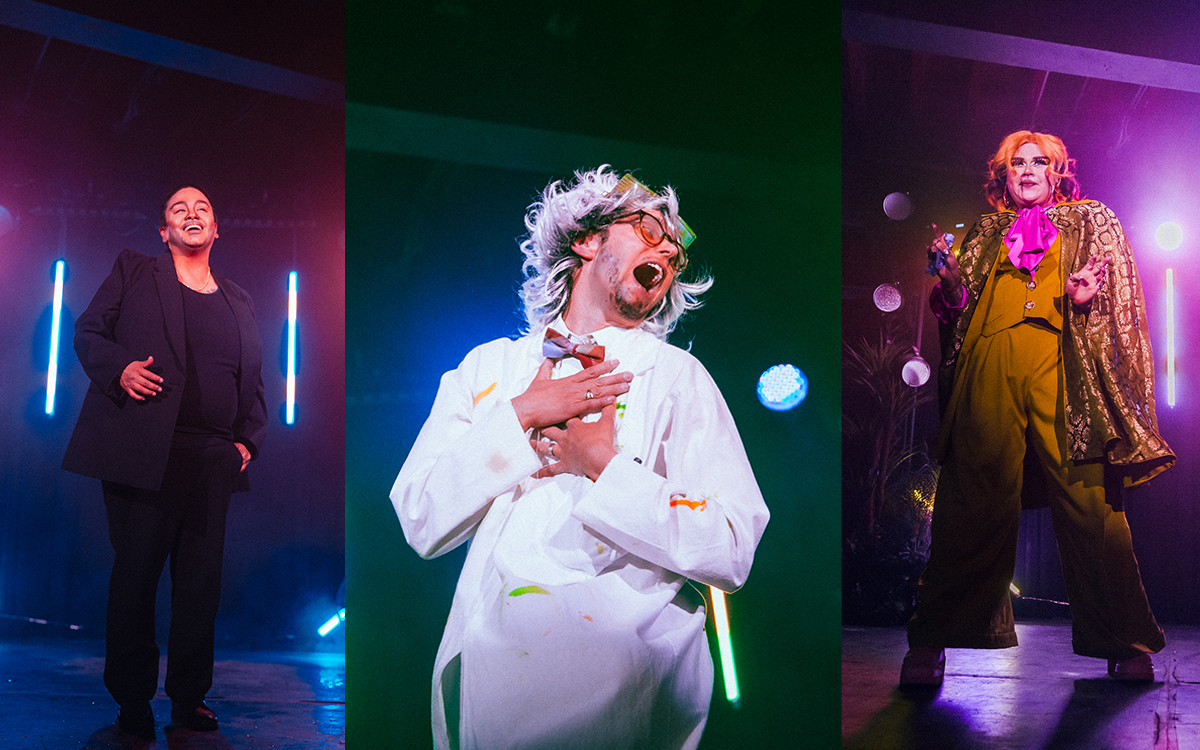
More than just a physical space
The camaraderie at the Birdhouse is gender-affirming, and so is being able to perform onstage. Frewer’s drag king name is Ponyboy, and Broz’s is Johnny B. Bad. Countless iconic performers have also taken the stage, including Rose Butch — who performed with Drag Race winner Sasha Velour at the Vogue in May — and SKIM.
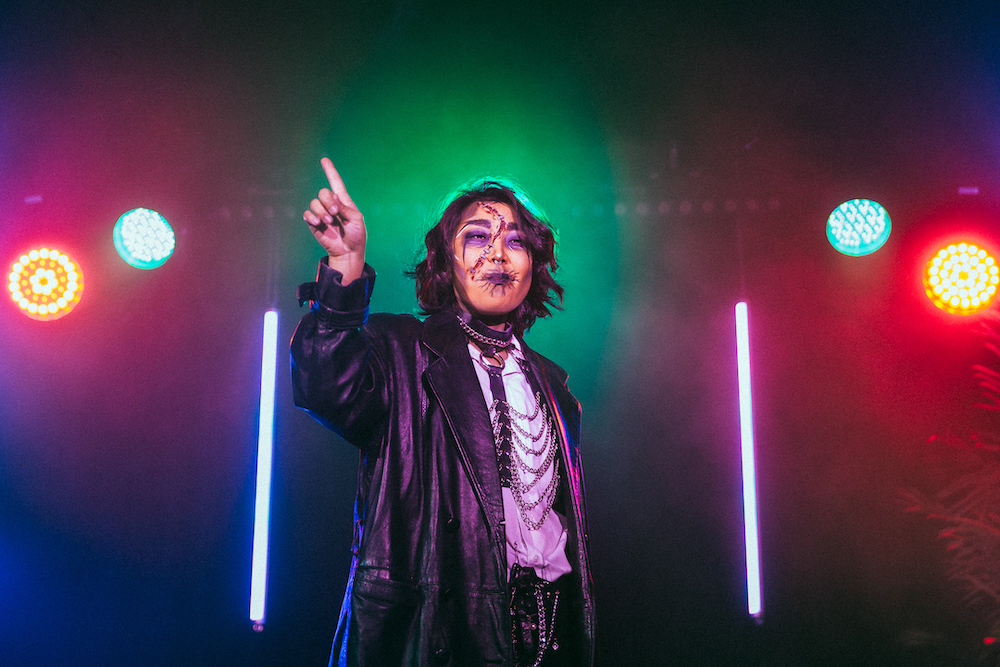
SKIM, a producer, performer, host and visual artist often working in the same circles as Frewer, started performing at Eastside Studios in 2019. They are working on an experimental documentary about the Warehouse closing and turning into the Birdhouse.
SKIM is a drag king who channels what they call “monstrous masculinity.”
“SKIM has really allowed me to radically express my gender and my queerness and a sense of myself that I don’t get to express in daily life,” said the performer, who also runs their own event series designed for lesbians called Magic Dikes, which has helped them understand their own queerness and find community.
‘When we have more variety, we include more people’
Daytime and substance-free connections can also be incredibly helpful for trans folks in this city.
That’s an area Luca Cara Seccafien specializes in. They have spent the past eight years using their background in visual art to organize art-making events for queer folks, many of whom, like them, are trans.
“There’s an epidemic of PTSD in the trans community… from the experience of growing up not being able to be in your body and with ongoing marginalization,” they said. “So to make our community gathering revolve around substances — that’s a problem for people who have a tenuous relationship with recovery or their trauma and how they cope with their trauma.”
Frewer agreed, adding that programming for trans youth is also crucial, but can be more logistically difficult for event producers to plan for. When so many events rely on revenue from liquor sales, the financial feasibility of producing dry events for minors can be a barrier.
It’s also hard for Seccafien to go to queer clubs and bars because they belong to a close-knit group of chronically ill people. Most of those environments aren’t mask-mandatory or well-ventilated, another access barrier to nightlife in Vancouver.
Removing those barriers takes work. Shanique Khalil, also known as DJ Softieshan, is another local queer star who has been making local parties safer for years. She also happens to be Frewer’s partner and a regular DJ and host at the Birdhouse.
Khalil’s newest event series, “Fruit Forward,” is a wine social for queer folks that includes games, music and more, but she’s probably best known for "Level Up!," an event series for queer people of colour to dance, chat and celebrate. It’s the city’s only queer rap and hip-hop dance party featuring queer, trans, Black, Indigenous and racialized talent.
Khalil said her primary focus was making room for Black queer folks to have fun without sacrificing their Blackness or their queerness.
“They can experience both at the same time,” she said. “It doesn’t always feel like there’s a lot of space to be a different kind of queer person. When we have more variety, we include more people.”
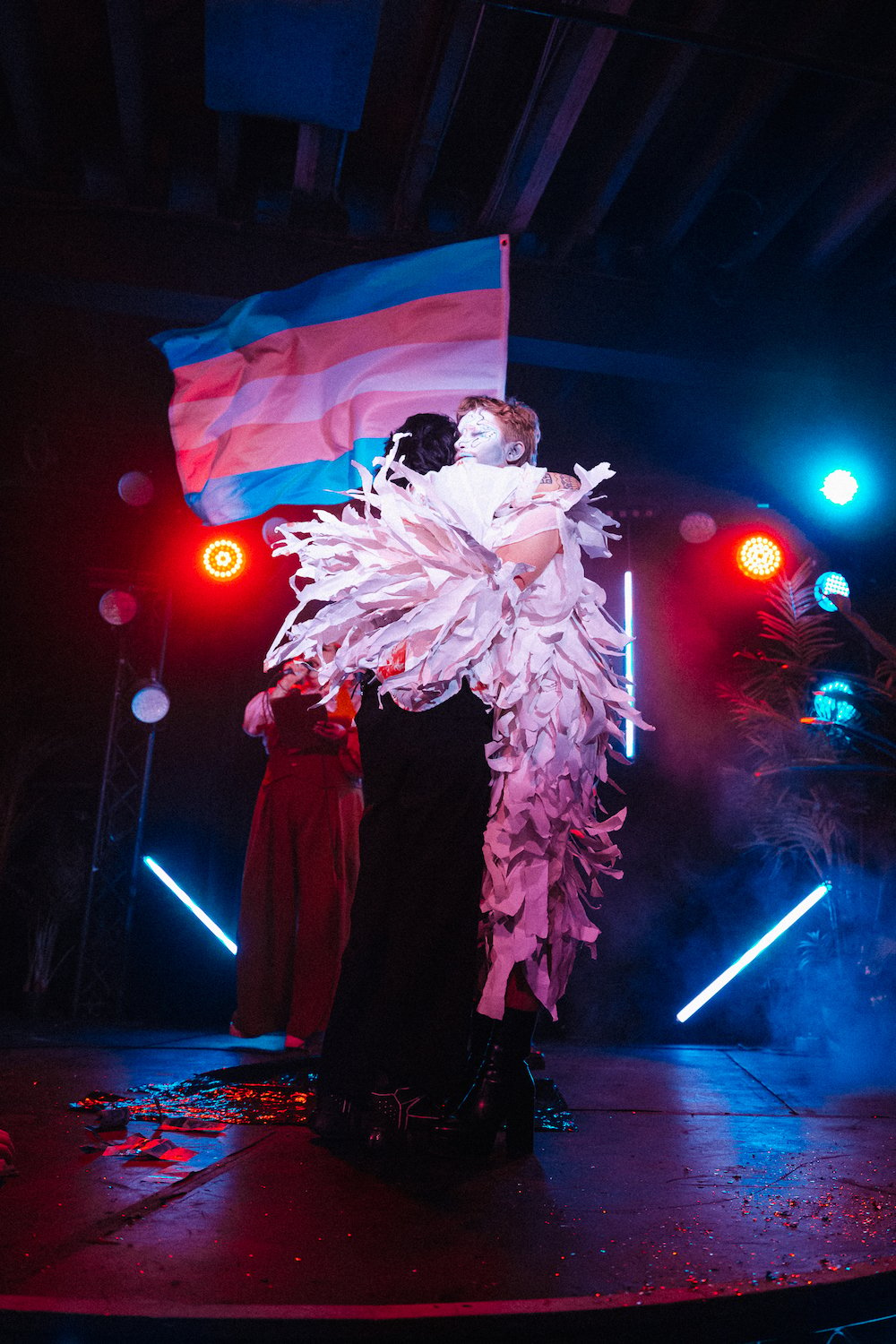
The Birdhouse will continue to have trans-inclusive celebrations and programming for the foreseeable future. Frewer can’t wait for what’s next.
“I’m really reminded every day how exceedingly rare this environment is we’ve been able to cultivate. It’s a combination of community-building, sustaining a business, all those relationships involved. It’s a safe space, so people bring their whole self to work,” they said.
“We’re all traumatized. Shit’s awful out there, and we all try to support each other and be brave. It is not easy.”
Hosting drag events and performing helped them accept their own trans identity and feel optimistic about the future.
“I felt it in a personal level when I woke up one day and realized this is a trans-run organization,” they said with a gasp.
“We can always have more and do better. But I do feel really good.” ![]()
Read more: Rights + Justice, Gender + Sexuality




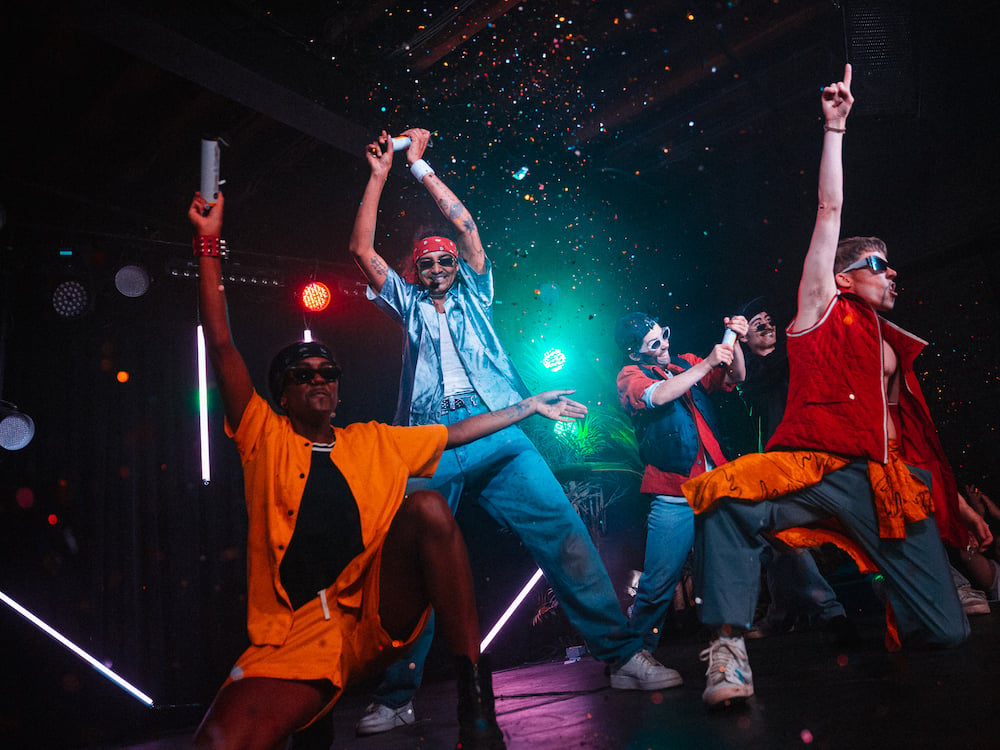

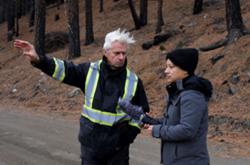
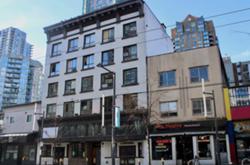









Tyee Commenting Guidelines
Comments that violate guidelines risk being deleted, and violations may result in a temporary or permanent user ban. Maintain the spirit of good conversation to stay in the discussion and be patient with moderators. Comments are reviewed regularly but not in real time.
Do:
Do not: